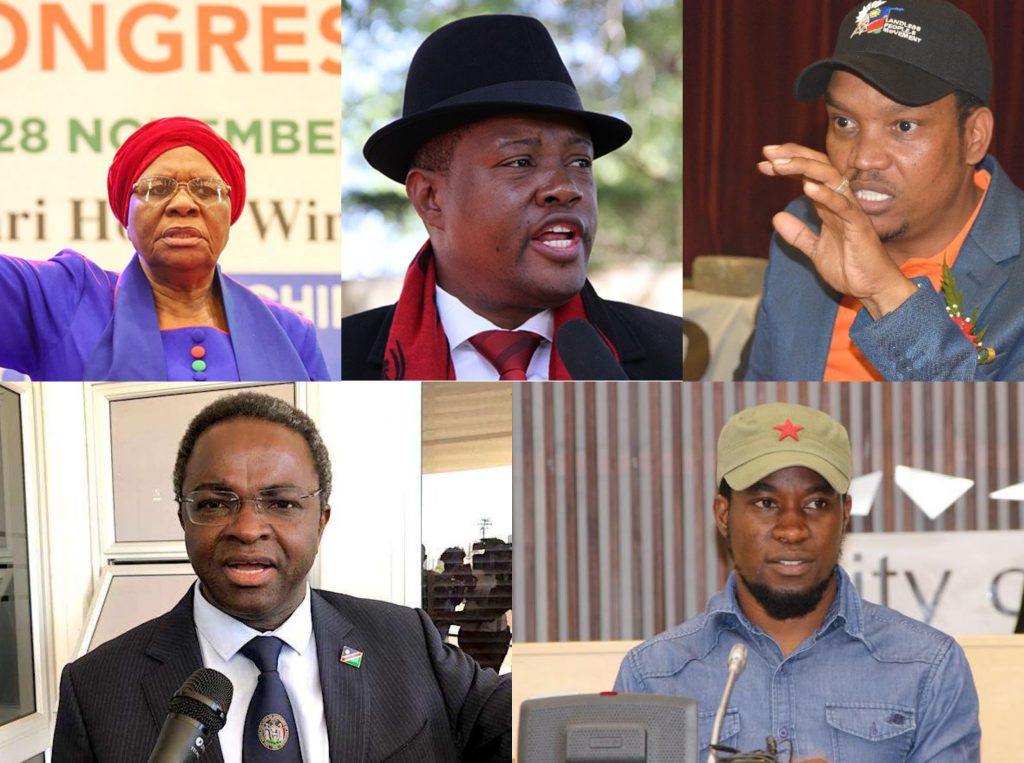Namibians are set to cast their votes on November 27 in a high-stakes presidential and parliamentary election, following the death of President Hage Geingob and his temporary replacement by Deputy President Nangolo Mbumba. The election is being closely watched as it has the potential to bring about a historic shift in Namibia’s political landscape. For the first time since the country’s independence in 1990, there is a real possibility that the ruling SWAPO party could lose control of either the presidency or parliament.
The race for the presidency is set to be fiercely contested, with candidates from across the political spectrum vying for support. Namibia’s president is elected directly by the people, with a candidate requiring more than 50% of the vote to win. SWAPO’s hold on power has weakened in recent years, with the party’s support dipping from 87% in the 2014 presidential election to just 56% in 2019, signaling growing discontent among voters.
Here’s a closer look at the main presidential contenders:
Netumbo Nandi-Ndaitwah

At 72, Vice President Netumbo Nandi-Ndaitwah is Namibia’s first female presidential candidate for SWAPO. A long-time member of the party, Nandi-Ndaitwah has been an instrumental figure in Namibia’s journey to independence, having joined SWAPO in the 1960s during the liberation struggle. She served in various high-profile government positions after independence, including as minister for international relations, environment, and women’s affairs. Her candidacy represents a continuation of SWAPO’s leadership, but with a focus on female empowerment and a commitment to social development.
Panduleni Itula
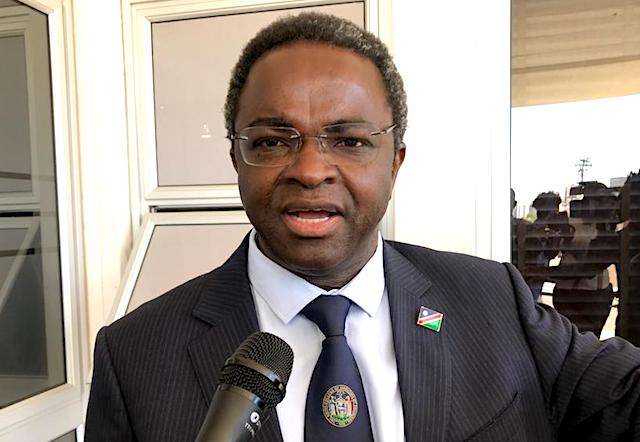
Panduleni Itula, 67, has emerged as a prominent challenger to SWAPO’s dominance, having secured 29% of the presidential vote in 2019 as an independent candidate — the strongest showing by any challenger in the country’s history. Since then, he has formed the Independent Patriots for Change (IPC), a political party committed to grassroots democracy and anti-corruption. Itula’s strong backing stems from his experience as a former SWAPO youth leader and his platform of political transparency and reforms. A trained dentist, Itula lived in the United Kingdom for over three decades before returning to Namibia in 2013.
McHenry Venaani
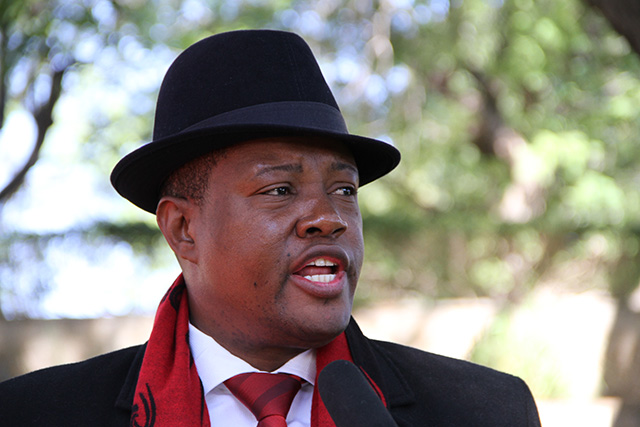
McHenry Venaani, 47, is the leader of the Popular Democratic Movement (PDM), Namibia’s largest opposition party in parliament. Despite his party gaining seats in the 2019 parliamentary elections, Venaani finished third in the presidential race with just 5% of the vote. As a lawyer and former youngest member of parliament in Namibia, Venaani has focused his political agenda on addressing issues such as poverty, unemployment, and economic inequality. While his presidential bid has yet to gain significant momentum, Venaani remains an influential figure in Namibian politics.
Bernadus Swartbooi
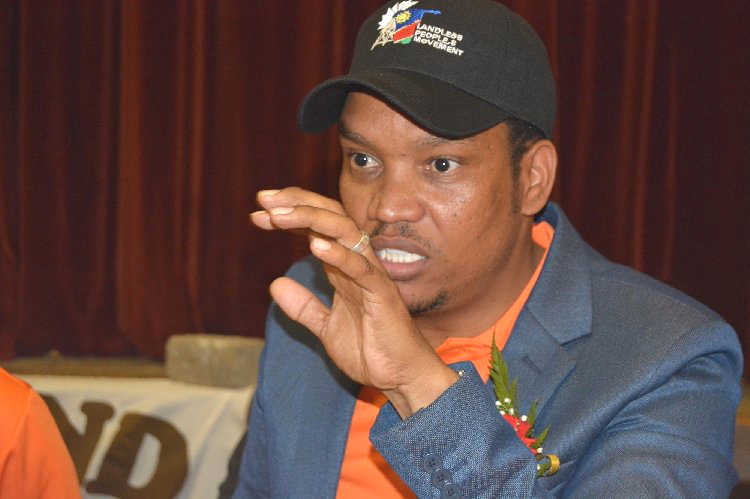
Bernadus Swartbooi, 47, leads the Landless People’s Movement (LPM), which advocates for land redistribution and greater social justice for marginalized communities. Swartbooi founded the LPM in 2017 after leaving his position as deputy minister of land reform and resigning from SWAPO. The LPM’s focus on restorative justice and land reform resonates with rural voters, and Swartbooi’s 3% share of the vote in the 2019 presidential election signals his growing support base.
Job Amupanda
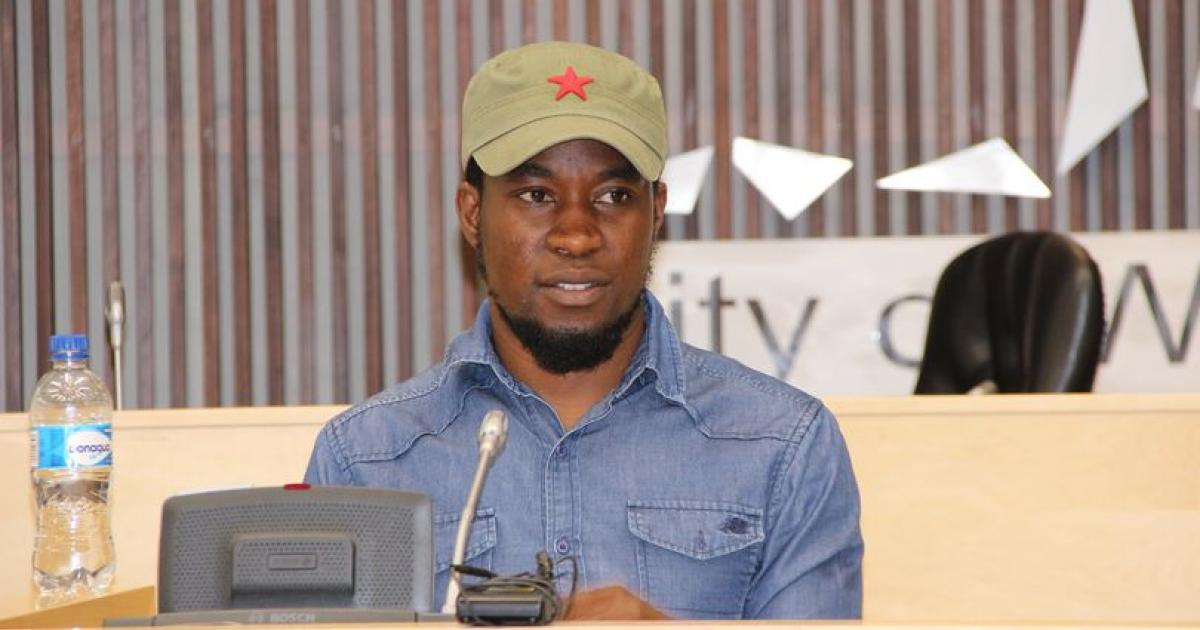
Job Amupanda, 37, is the founder of Affirmative Repositioning (AR), a political movement pushing for radical land reform and the redistribution of land from foreign ownership to local Namibians. A former SWAPO youth leader, Amupanda was once mayor of Windhoek, where he focused on urban development and housing issues. He is also an associate professor of political science at the University of Namibia. His platform of social and economic reform, particularly targeting land inequalities, has resonated with many young Namibians.
With the political landscape shifting, these candidates represent a diverse range of viewpoints on how Namibia should evolve in the 21st century. As the election draws near, the outcome is expected to have far-reaching consequences, not only for SWAPO’s future but for Namibia’s broader political and economic trajectory.
